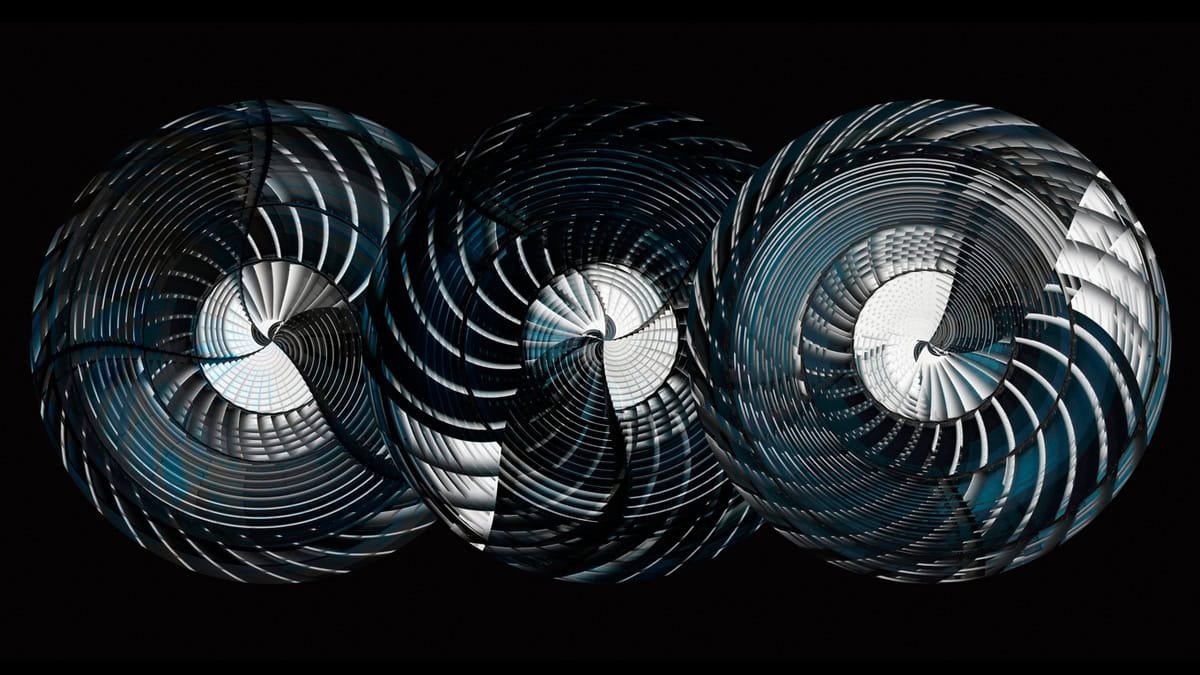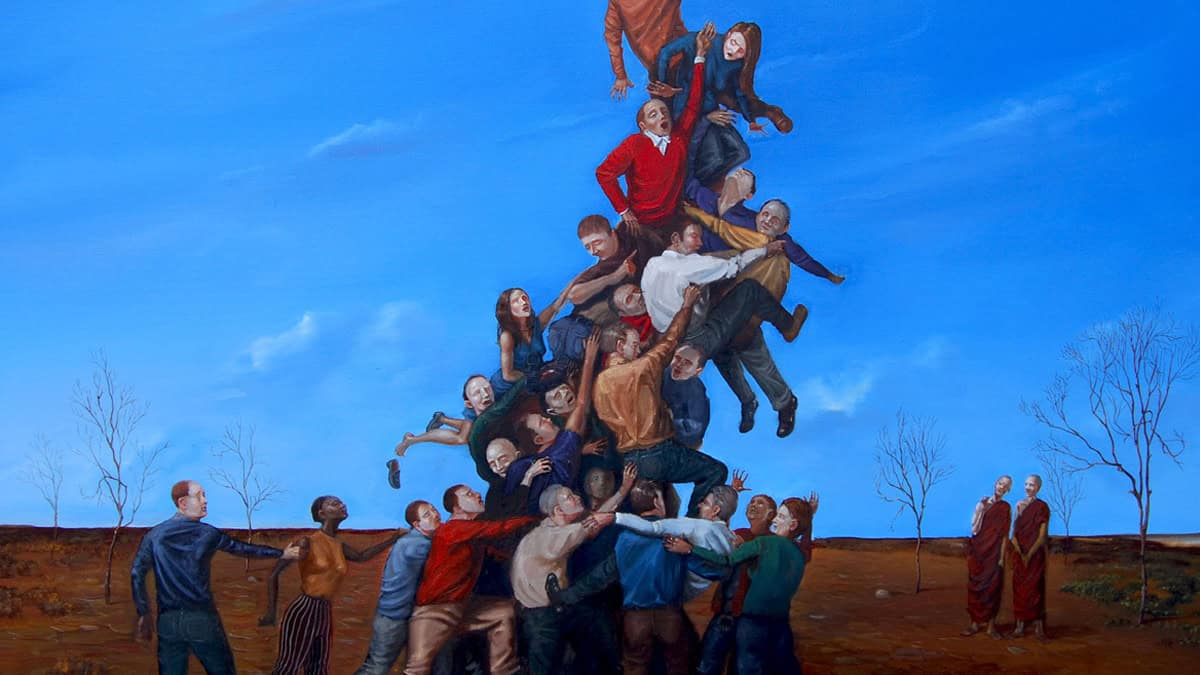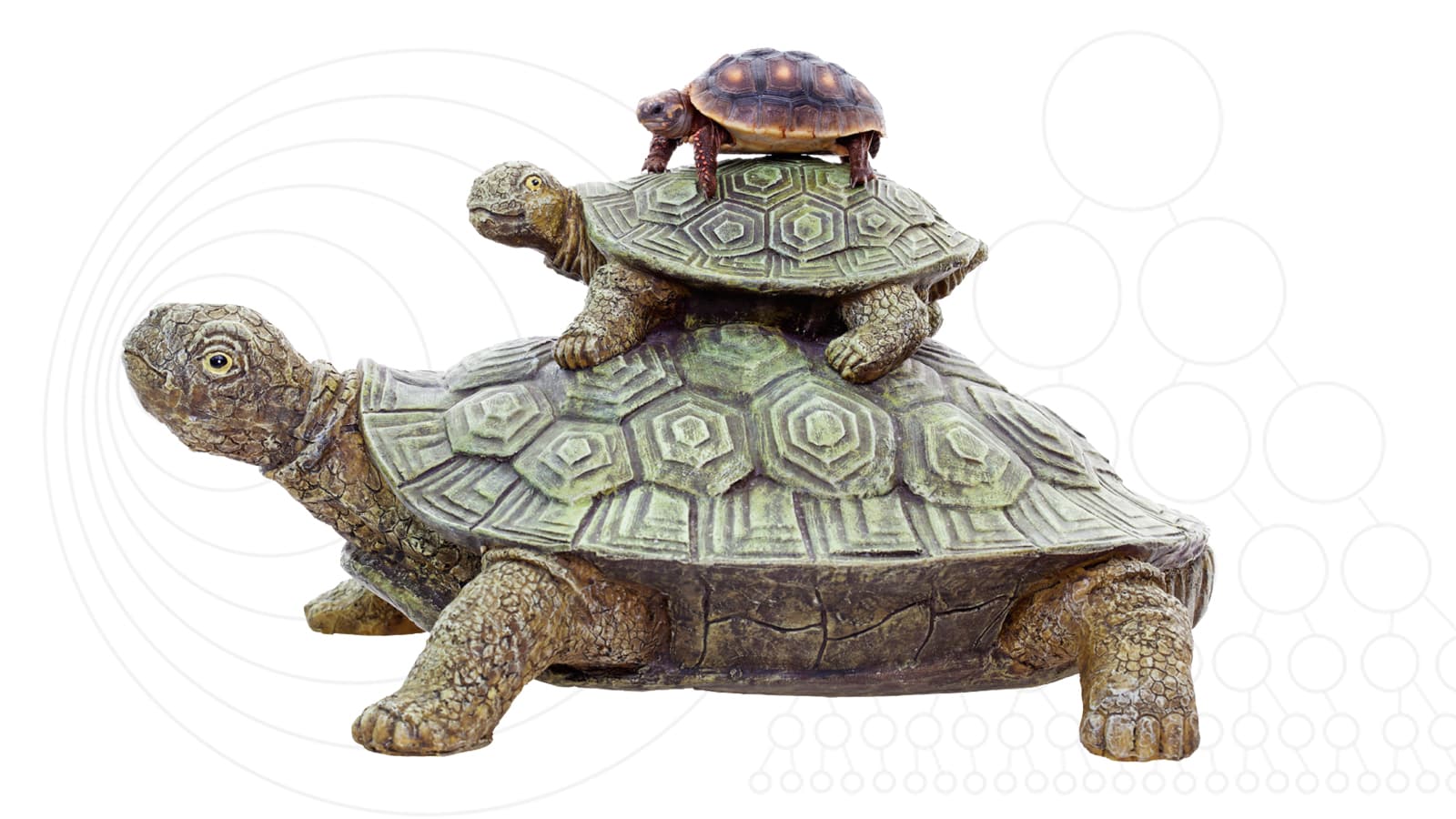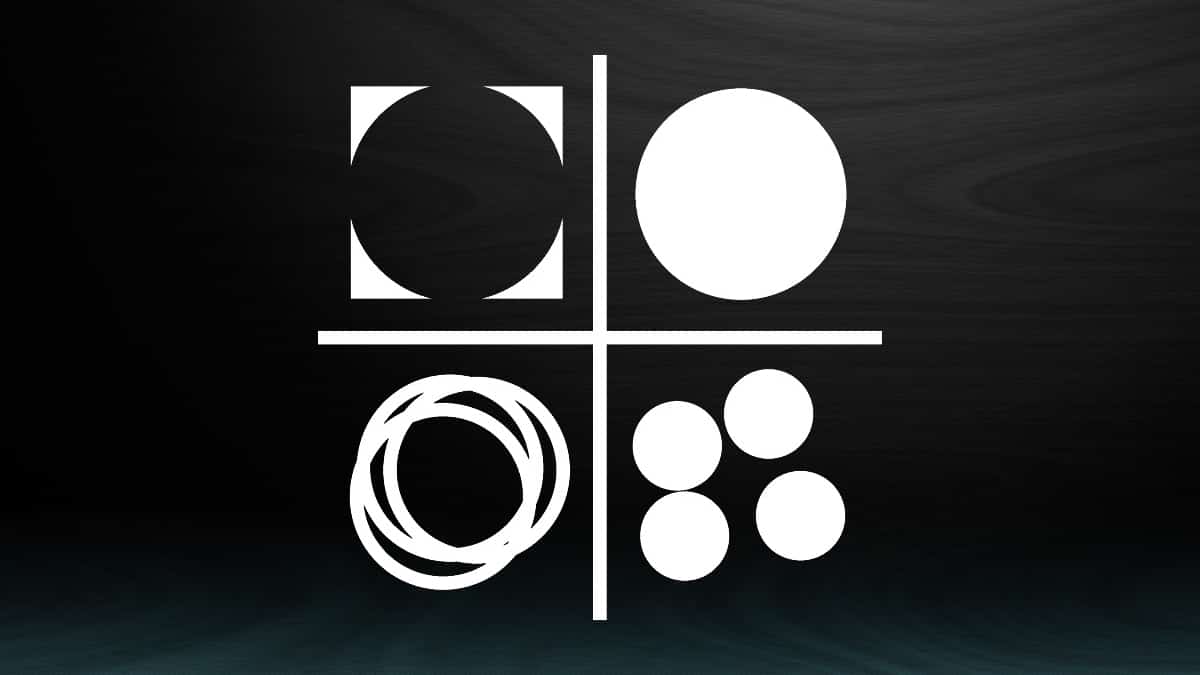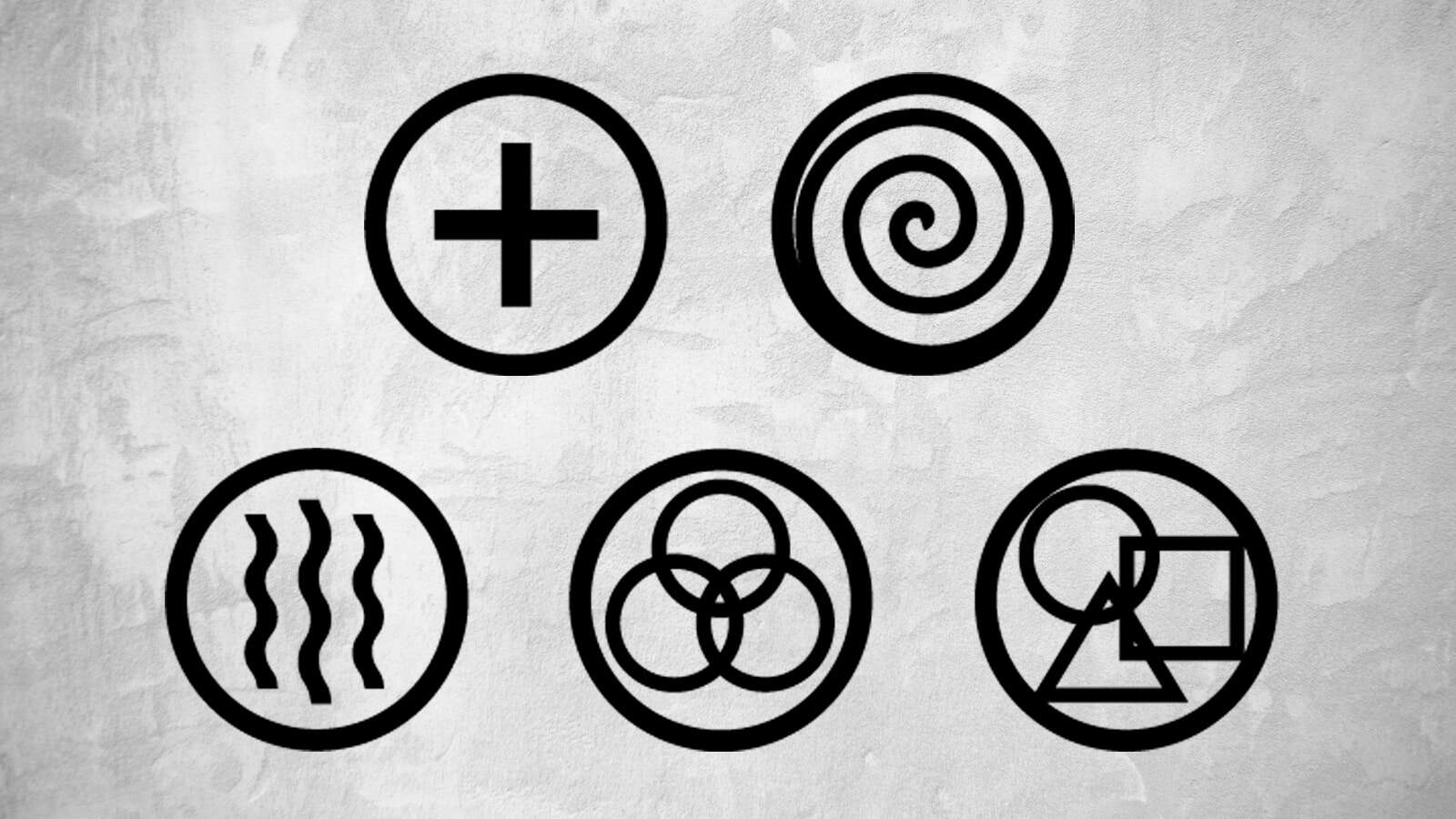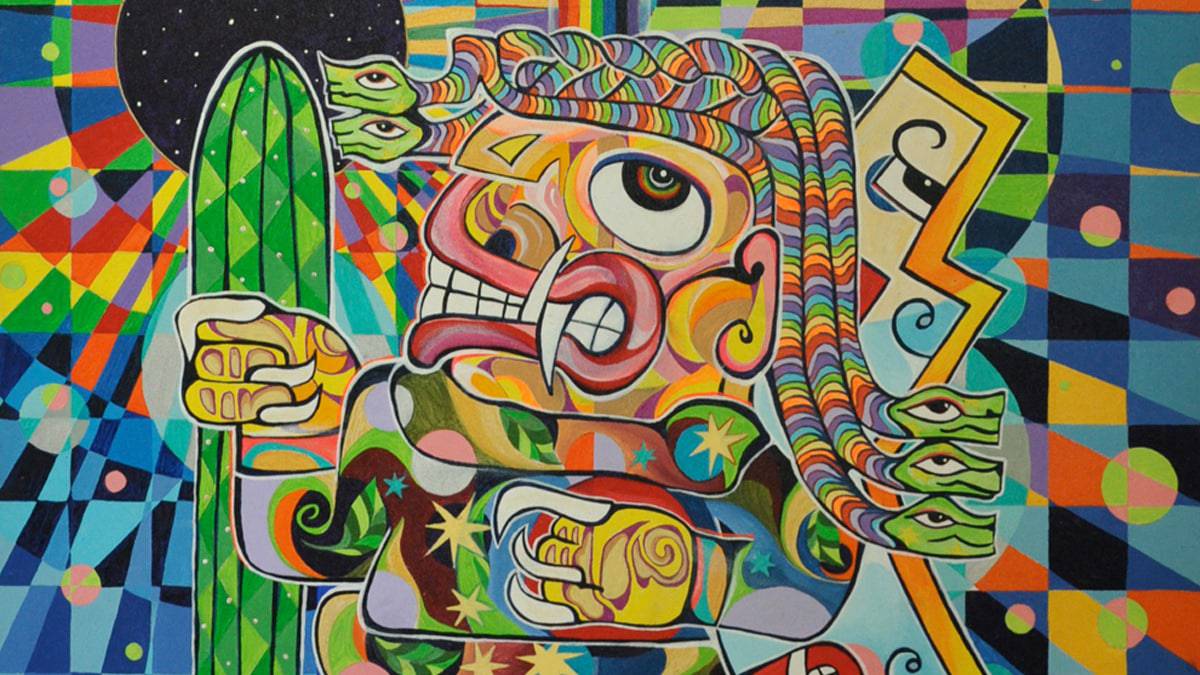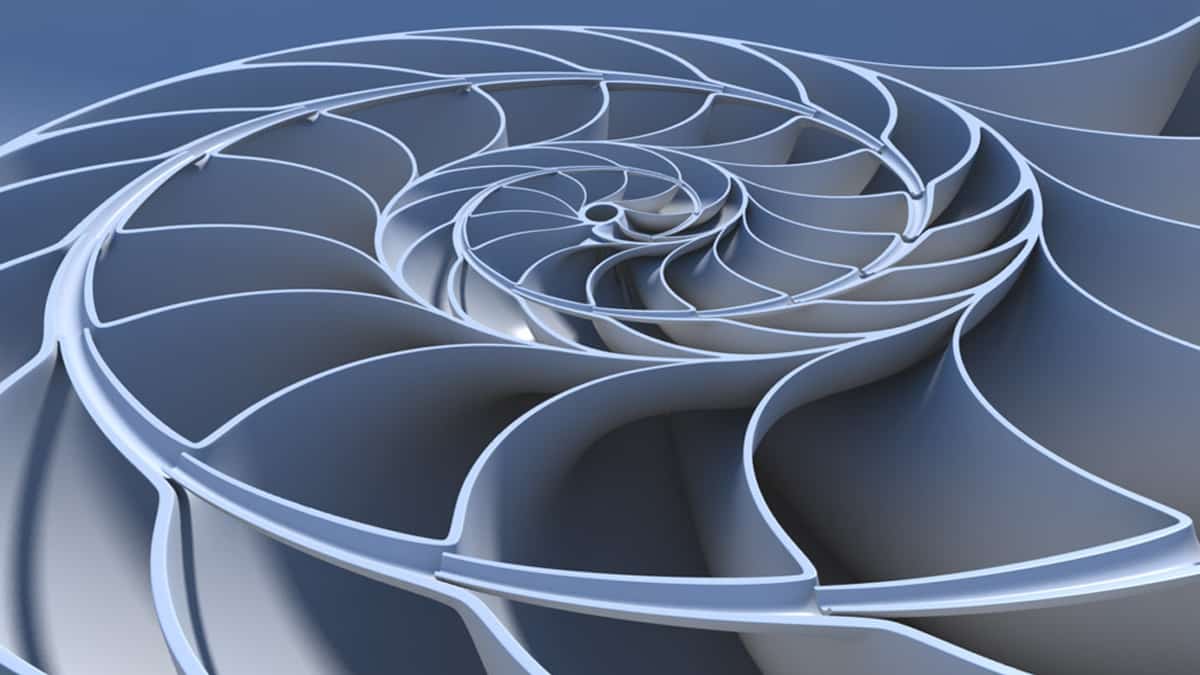Steve McIntosh takes us on a tour through his view of the origins of integral theory, starting with Georg Friedrich Hegel, who first explained the mechanisms of evolution in human history, and on through a stream of philosophers who unified the evolution of matter, consciousness and spirit.

Integral Basics
“An integral approach is based on one basic idea: no human mind can be 100% wrong. Or, we might say, nobody is smart enough to be wrong all the time. And that means, when it comes to deciding which approaches, methodologies, epistemologies, or ways or knowing are “correct,” the answer can only be, “All of them.”“
– Ken Wilber
This is the place to start. Whether you’re new to Integral or returning for a refresher, this collection is your doorway into how Integral Theory works and what Integral Life is really about, with core teachings from Ken Wilber himself, Jeff Salzman, Corey deVos, Roger Walsh, and others.

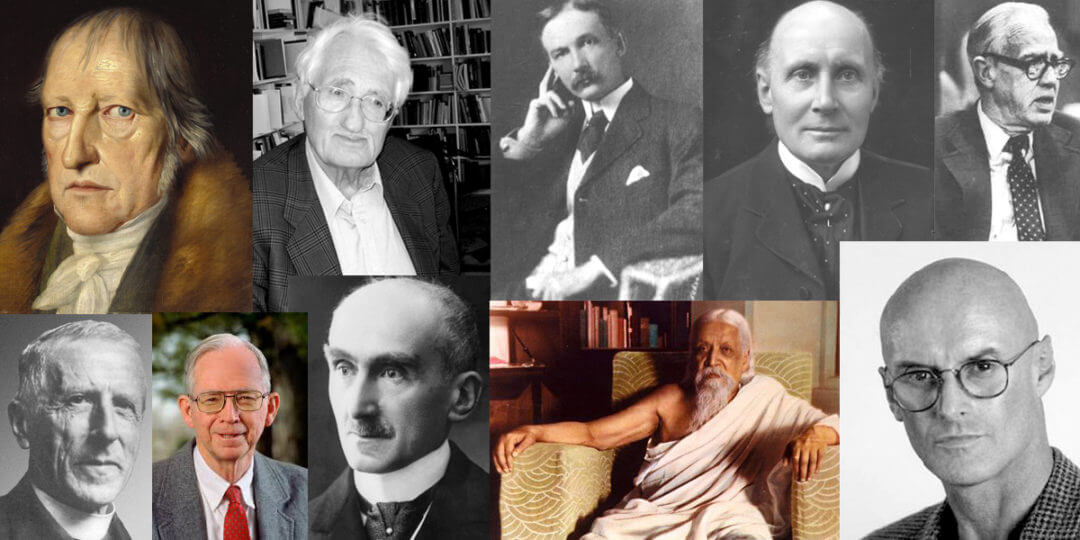
 May 29, 2018
May 29, 2018 

